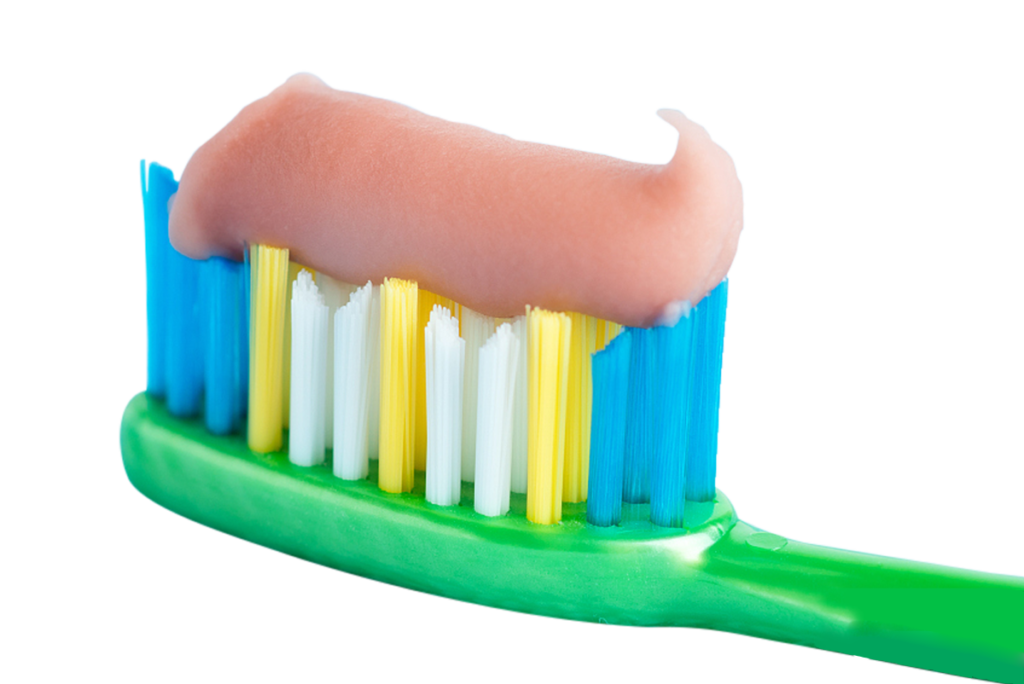First thing first, we need to know which category your private-label toothpaste is classified in Australia. Then, we look at the regulatory conditions based on that classification.
What is my toothpaste classified as in Australia?
Canada, Australia and the United States appear to be philosophically closely, but not totally, aligned on what differentiates cosmetics from drugs.
In Australia, most toothpastes are classed as cosmetics, while other toothpastes are classed as therapeutic goods. Fluoride toothpaste is classified as therapeutic good or cosmetic depending on fluoride ion. For example, a toothpaste would generally be considered as a cosmetic, but if it is marketed with claims to treat or prevent “sensitive” teeth or it contains an active ingredient known to have such an effect then it would fall within the definition of a medicinal product and be subject to medicines control.
- cosmetic
- Therapeutic good
| Australia | Canada | New Zealand | United Kingdom/EU | United States | |
| Toothpastes, fluoride | Therapeutic good or Cosmetic depending on [F-] | Drug | Related Product | Cosmetic if <1500ppm F. | Drug and Cosmetic |
| Toothpastes, desensitising | Therapeutic good – Registered | Drug | Medicine | Cosmetic | Drug and Cosmetic |
| Mouthwashes | Therapeutic good – Registered, or Cosmetic. | Drug, Cosmetic | Medicine if>100ppm F or claims for gingivitis, Related product if <100ppm F, or Cosmetic. | Cosmetic | Drug, or Cometic |
“* Depends on the claims made for the product.”
Note: The term “therapeutic good” refers to Exempt, Listed and Registered therapeutic goods, signifying a graded series of controls. Certain other goods are excluded, with or without conditions, from the operation of the Therapeutic Goods Act 1989 by Order and are not subject to the Act in any way.
| Subject | Column A {acceptable wording for a cosmetic} | Column B {unacceptable wording for a cosmetic unless sufficiently modified to provide a cosmetic implication} | Column C {unacceptable wording for a cosmetic (but not necessarily acceptable for a drug)} |
| Dentifrice {NB. In terms of section 7 of the Therapeutic Goods Act 1989, toothpastes are declared to be “not therapeutic goods” providing: 1, the product is not subject to poisons schedules; 2, it contains 1000 mg/kg or less or nil of fluoride ion; 3, claims are restricted to oral hygiene or the use of fluoride to help prevent tooth decay.} | * cleans (whitens, brightens, polishes) teeth * Removes stains * Prevent (reduce) plaque (tartar) build-up (deposit) by brushing (other mechanical means) * helps maintain healthy teeth and gums * tooth decay – fluoride protects against, reduces cavities | * any implications of effect below the gumline * references to abscess, antiseptic action, gumboil, gingivitis, inflammation of gums, mouth ulcers, periodontitis, pyorrhoea, periodontal disease, sensitivity, stomatitis, thrush | |
| Mouthwash | * fight (reduce) (end) bad breath (mouth odours) * helps eliminate (kill) odour-causing bacteria (bacteria that cause bad breath) | * references to plaque or tartar (see under dentifrice) | * antiseptic (antiviral) germicide * kills pathogens (germs) (odour-causing germs) * antibacterial (antimicrobial) |
Toothpastes and mouthwashes
A. Desensitising toothpastes and gels should be classified as therapeutic products and described as Class II medicines.
B. Toothpastes and gels that contain 1000 mg/kg or less of fluoride ion and that do not make any claim (except cosmetic claims) other than preventing caries or preventing or removing plaque should be classified as cosmetics.
C. Mouthwashes that contain an antibacterial substance for freshening the breath or for fighting plaque and where no therapeutic claims are made should be classified as cosmetics.
D. Mouthwashes that contain 220 mg/L or less of fluoride ion and that do not make any claim (except cosmetic claims) other then preventing caries or preventing or removing plaque should be classified as cosmetics.
Toothpastes and tooth powders
Pasters and powders for use on the teeth (excluding false teeth) can be divided into those containing:
- abrasives, surfactants and flavours;
- as in 1 with a fluoride salt;
- as in 1 or 2 with a desensitising agent;
- as in 1 or 2 with sodium bicarbonate and peroxide;
- as in 1 or 2 with an antibacterial e.g. triclosan.
How to register with AICIS?
Before importing toothpaste into Australia, you need to register your business, not your products, with AICIS by completing an online form and paying a fee. And the registration year goes from 1 September to 31 August.
Please click HERE and get the details of what is registration.
The first step is that you need to register for AICIS Business Services by clicking on the LINK. After that, you will receive an email similar to the one below, thank you.

How to register as a foreign company in Australia?
You can click HERE for details, or see the steps below.
Step 1 – Ensure the name you wish to register is available;
Step 2 – Complete Form 402 (click HERE please);
To register an entity as a foreign company, complete Form 402 Application for registration as a foreign company.
Step 3 – Include supporting documents;
3.1. A current certified copy of the entity’s certificate of incorporation or registration,
3.2. A current certified copy of the entity’s constitution,
3.3. A memorandum of appointment of the local agent or power of attorney in favour of the local agent, (Form 418, click HERE please),
The memorandum or power of attorney must be executed by, or on behalf of, the entity. It must state the name, address and appointment date of the local agent who is:
– an individual or an Australian company
– resident in Australia
3.4. A memorandum stating the powers of certain directors.
Step 4 – Lodge Form 402 with the fee and supporting documents.
Maintain an office
Besides, once registered, a foreign company has ongoing obligations, one of which is to maintain a registered office.
You must maintain a registered office in Australia that is open every business day, a representative of your company must be present at the registered office whenever it is open. So, in order to get an Australian registered address, you may have to first rent an office in Australia, and the office address will become the Australian registered address for your business in Australia.
By the way, AICIS does not recommend agents. Now there are two ways for you to find an agent, one is to search on Google, and the other way is to ask one of your clients or distributors in Australia to help you, and your distributor will be the introducer.



